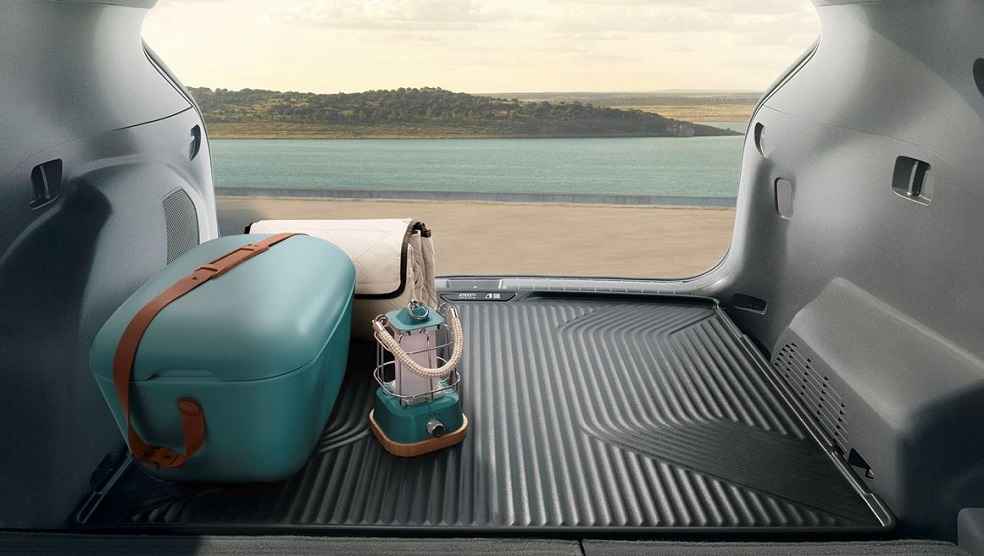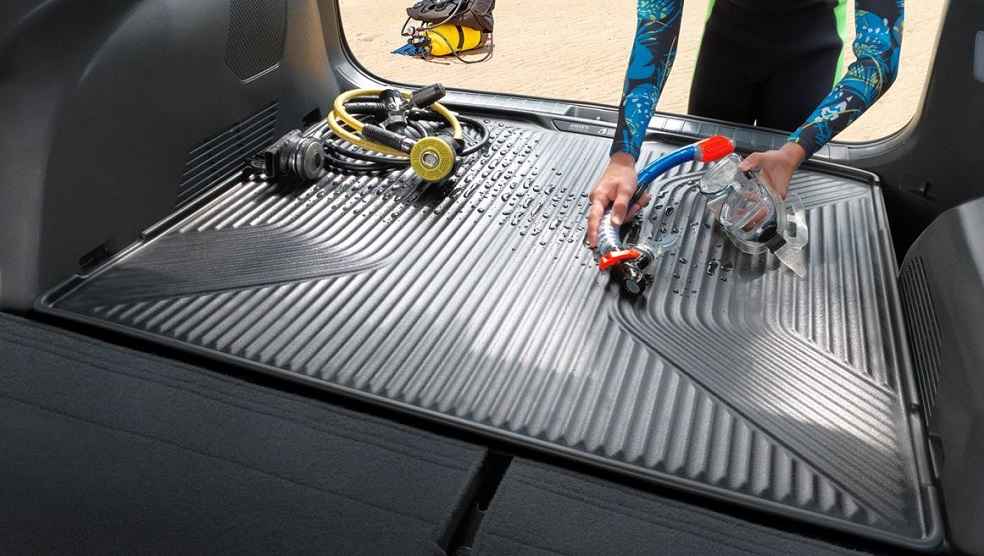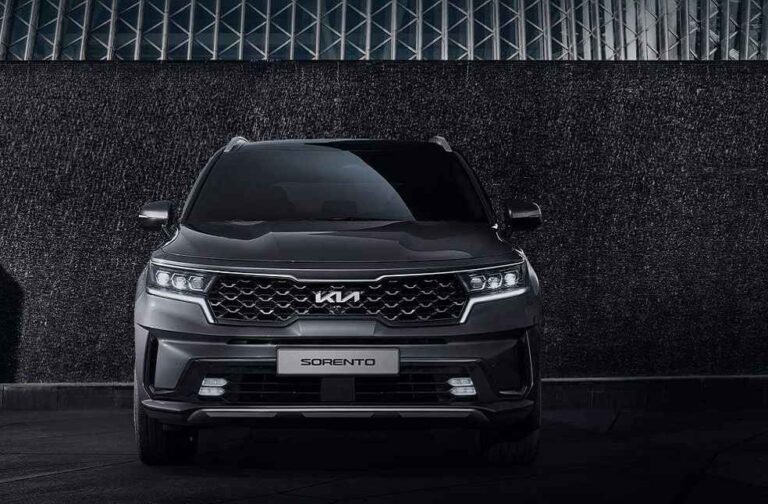Kia Corporation has introduced the world’s first car accessory made from plastic extracted from the Great Pacific Garbage Patch (GPGP), marking a its partnership with The Ocean Cleanup. This achievement highlights Kia’s dedication to environmental sustainability as part of its shift toward becoming a leader in eco-friendly mobility.
Since 2022, Kia has worked with The Ocean Cleanup, a non-profit organization focused on removing plastic from oceans. The latest product of this collaboration is a limited-edition trunk liner for the new Kia EV3, crafted from ocean plastic provided by The Ocean Cleanup. The accessory will be available in select markets alongside the EV3’s market launch.

Charles Ryu, Executive Vice President and Head of Global Brand & CX Division at Kia, emphasized the importance of the initiative: “This partnership is not only a testament to our shared commitment to environmental stewardship and innovation, but a worldwide movement to create a cleaner, healthier oceans for future generations.”
The EV3 trunk liner, made with 40% recycled ocean plastic, features a ‘geometric wave’ design that echoes the flow of trash into collection systems used by The Ocean Cleanup. Along with its durability and functionality, the liner includes a QR code for customers to learn more about its development and Kia’s partnership with The Ocean Cleanup.
Kia and The Ocean Cleanup have been working together since 2022 to transform ocean plastic waste into practical products. The process includes sorting, recycling, and ensuring the plastic meets Kia’s quality standards, which is challenging due to the unique nature of ocean-retrieved plastic. A Chain of Custody Standard verifies the traceability of the materials.

Boyan Slat, Founder and CEO of The Ocean Cleanup, praised the collaboration, saying, “We are so grateful to have a visionary and passionate partner in Kia, who shares our vision of ensuring that the plastic we extract from the Great Pacific Garbage Patch is given a new life in sustainable items.”
Kia has also integrated recycled plastics into other models, such as the EV9 SUV, which uses recycled fishnets for flooring and plastic bottles for seat fabrics. The company aims to increase its use of recycled materials, pledging to use over 20% recycled plastic in its vehicles by 2030 as part of its commitment to sustainability.
GENERAL | Georgia’s Used Car Hub Thrives as Sanctions Drive Indirect Exports to Russia





